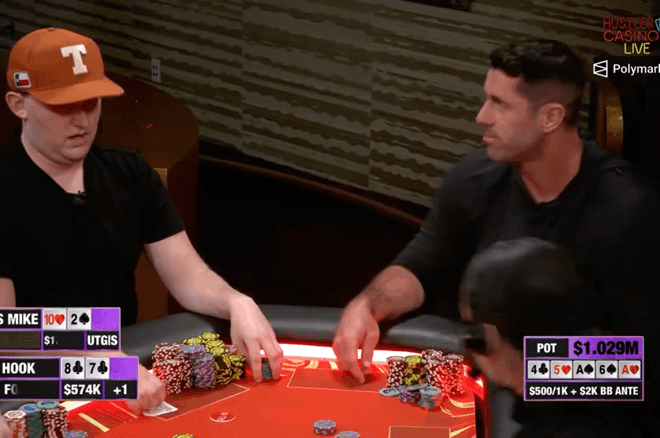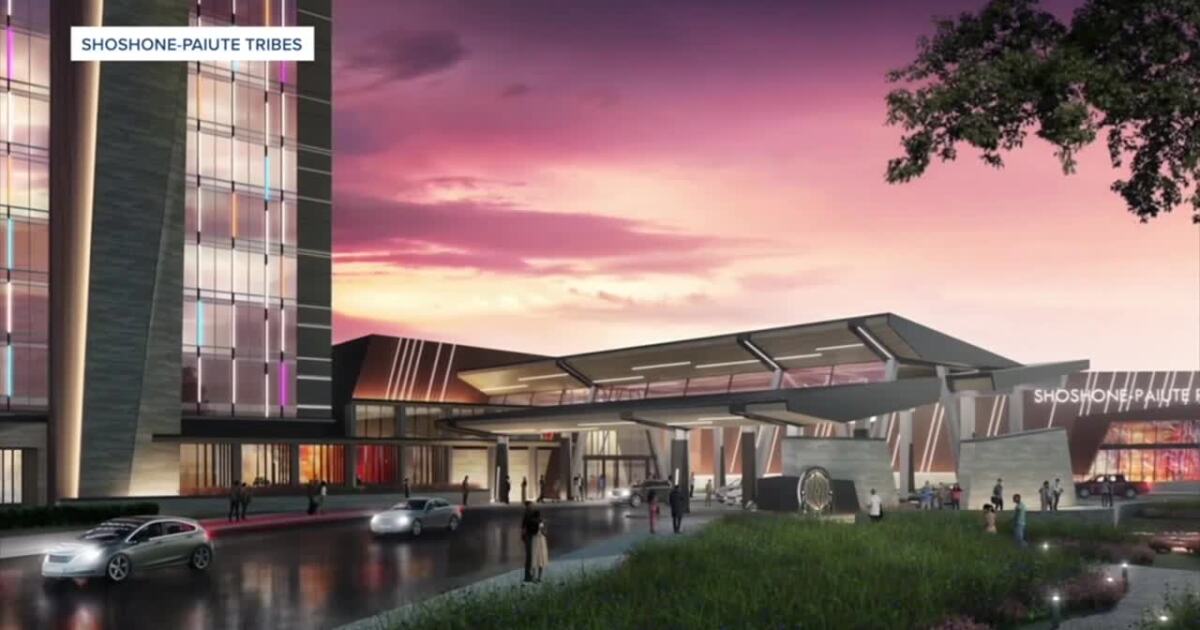In a 9–4 vote this morning (Wednesday), the City Planning Commission advanced a controversial rezoning plan for Hudson Yards’ Western Rail Yards — paving the way for fewer homes, more commercial space and a potential casino.

The proposal, submitted by Related Companies and Wynn Resorts, would amend a 2009 plan that envisioned a primarily residential neighborhood on the undeveloped western portion of Hudson Yards (between W31st and W33rd Streets, from 11th to 12th Avenue). Instead, the developers want to reduce overall housing by 5,000 units (while keeping the same number of affordable units as the original plan) and build a largely commercial development with the option to pursue a casino license through a separate state-led process. Related argues the original plan — which relied on luxury condo sales to fund a platform over the active rail yards — is no longer financially viable.
Commission Chair Dan Garodnick emphasized that the Commission was not voting on whether to allow a casino. “While this is a significant proposal before us this morning, the scope of what we’re actually voting on is much narrower,” he said. “It is therefore our responsibility to help create the best site plan possible for this large project on a site that is limited by an active railway right below, and which has significant existing development rights for both residential and commercial activity.”
The Department of City Planning (DCP) recommended adjustments to Related’s proposal, including splitting a block-long building at the site’s northern edge into two structures and lowering its height. A new public space would also be added at the northeast corner. These changes would yield “nearly 30,000 new square feet of publicly accessible space,” said Garodnick.

Altogether, the 5.6 acres of open space in the revised plan would exceed what was agreed in 2009. “It has the potential to be a neighborhood jewel that adds to a growing network of public areas for residents, workers and visitors to Hudson Yards,” Garodnick said.
Several commissioners dissented, raising concerns about the project’s reduced housing and its effect on the High Line.
“I think there’s an opportunity for a genuine win-win outcome here,” said Commissioner Raju Mann, who voted no. “Where the developer sees a rate of return that allows them to build a collection of buildings, where the High Line sees a sympathetic set of buildings built adjacent to the High Line, where the community and the City realize meaningful housing benefits.” He added, “In 2009 … that proposal enjoyed the support of all of those parties, and this proposal doesn’t.”
In January, Manhattan Community Board 4 (MCB4) had voted overwhelmingly to reject the proposed casino and entertainment complex — 39 against, with one abstention.

Commissioner Juan Camilo Osorio echoed Mann’s concerns, citing support for objections raised by MCB4 and Manhattan Borough President Mark Levine, particularly about reduced housing and urban design impacts on the surrounding area. Commissioners Orlando Marin and Leah Goodridge also voted no.
Related Companies CEO Jeff Blau responded to the vote by thanking the DCP and Commission. “Today marks a critical milestone for Hudson Yards West,” he said, calling the process “collaborative” and emphasizing plans to create “thousands of new union jobs, thousands of units of new housing, a huge new public green space park and nearly $200 million of community benefits.”
Community leaders pushed back.
MCB4 Chair Jessica Chait thanked the commissioners who opposed the proposal. “We especially echo Commissioner Mann’s comments and agree that a win-win outcome is achievable,” she said. “The applicant and City Hall should reflect on today’s vote and recognize that their proposal is not in the best interest of the city.”
Paul Devlin, co-chair of MCB4’s Clinton/Hell’s Kitchen Land Use Committee, was more pointed: “It’s disappointing that our government leaders have spent so much time trying to figure out a way to eliminate the production of housing rather than working towards finding a solution to build a plan that was approved over 15 years ago.”

Ahead of the Planning Commission vote, community advocates in Chelsea and Hell’s Kitchen held a press conference on Tuesday urging rejection of the proposal. Now that the Commission has approved it, the City Council has 60 days to make a final decision. The Council typically takes the lead in its voting from the member representing the local district — in this case, Councilmember Erik Bottcher.
Both Related and Friends of the High Line are intensifying their campaigns to influence Bottcher’s vote. “It’s time for Related to do the right thing — drop this flawed proposal and work with the community to develop a plan that actually serves the people who live and work here,” said Alan van Capelle, executive director of Friends of the High Line. He added that more than 8,000 community members had signed a petition opposing the plan, citing concerns about obstructed views, wind tunnels, and a lack of housing.
Related told W42ST that supporters of the plan have sent 1,960 postcards and made 875 calls to Councilmember Bottcher’s office since February, urging him to support it.

If the rezoning wins Bottcher’s backing and the City Council, a six-person Community Advisory Committee — comprising Governor Kathy Hochul, Mayor Eric Adams, State Senator Brad Hoylman-Sigal, Councilmember Bottcher, Assemblymember Tony Simone, and Manhattan Borough President Mark Levine — would then weigh in on whether to support a casino license, expected to be awarded in the fall.




